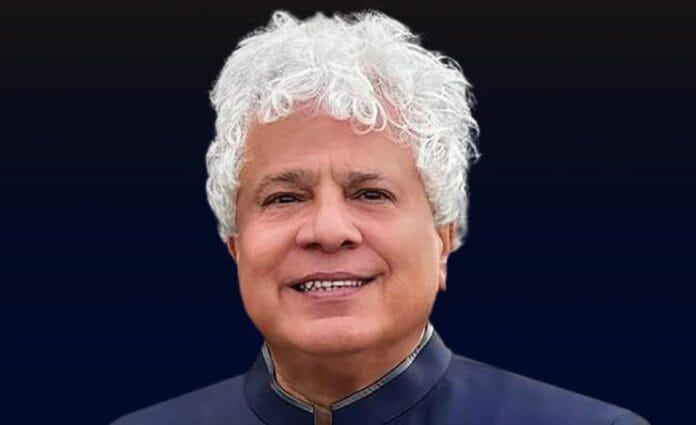New Delhi — Marketing Expert Suhel Seth has come out in staunch defense Following the backlash Minister Piyush Goyal faced for criticizing India’s startup ecosystem, . In a fiery commentary, Seth lambasted startup founders for prioritizing personal wealth over sustainable business models, while accusing venture capitalists of enabling a “racket” that has drained investor trust.
Speaking at a recent industry forum, Suhel Seth did not mince words. “When was the last time you paid yourself ₹100 crore while your company was losing ₹3,000 crore?” he asked rhetorically, in a veiled reference to high-profile startup founders. He clarified that his criticism was not aimed at all entrepreneurs, but he did accuse many of them of abusing venture funding for personal enrichment.
Suhel Seth Slams Startup Founders: “They’re Paying Themselves ₹100 Cr While Bleeding Money
He went further, alleging collusion between startup founders and venture capitalists, pointing out the implosion of SoftBank India’s investment strategy as a cautionary tale. “The so-called geniuses who created SoftBank India — how they punted and messed up every deal they did,” Seth said. “So please save me this whole thing that startups are the next big thing after sliced bread. They aren’t.”
Suhel Seth’s remarks came in response to the intense backlash Piyush Goyal received for his comments at the Startup Mahakumbh held on April 3. While inaugurating the second edition of the event, Goyal urged startups to move beyond saturated domains like food and grocery delivery and focus on innovation and deep tech.
Suhel Seth Backs Goyal: “Indian Startups Need Innovation, Not Valuation Games”
“We need to go global and think big. When we look at deep tech, there are only about 1,000 startups in the ecosystem, and it is a disturbing sign,” Goyal said. “It is upon the startups to focus either on wealth creation in the short run or rising to the international scale.”
Goyal’s comments were swiftly met with criticism from sections of the startup community and social media, who accused the minister of “belittling” India’s entrepreneurial efforts. Goyal later responded to the backlash, calling the reactions “unfortunate” and stressing that his intention was to encourage long-term, meaningful innovation.
A Deepening Divide: Perception vs Reality in India’s Startup Scene
The larger debate underscores a growing disconnect between the hype surrounding Indian startups and the harsh economic realities many face. Despite boasting over 100 unicorns, several high-profile companies have recently downsized, delayed IPOs, or collapsed entirely under financial mismanagement.
Suhel Seth’s comments draw attention to a structural issue — the prioritization of valuation over viability. His support for Goyal reflects a shared concern that India’s startup ecosystem might be veering dangerously off-course, with too much focus on short-term gains.
While some entrepreneurs have criticized the government for not offering enough support or understanding the risk-taking culture of startups, voices like Seth’s push back, demanding accountability, discipline, and innovation that genuinely adds value.



